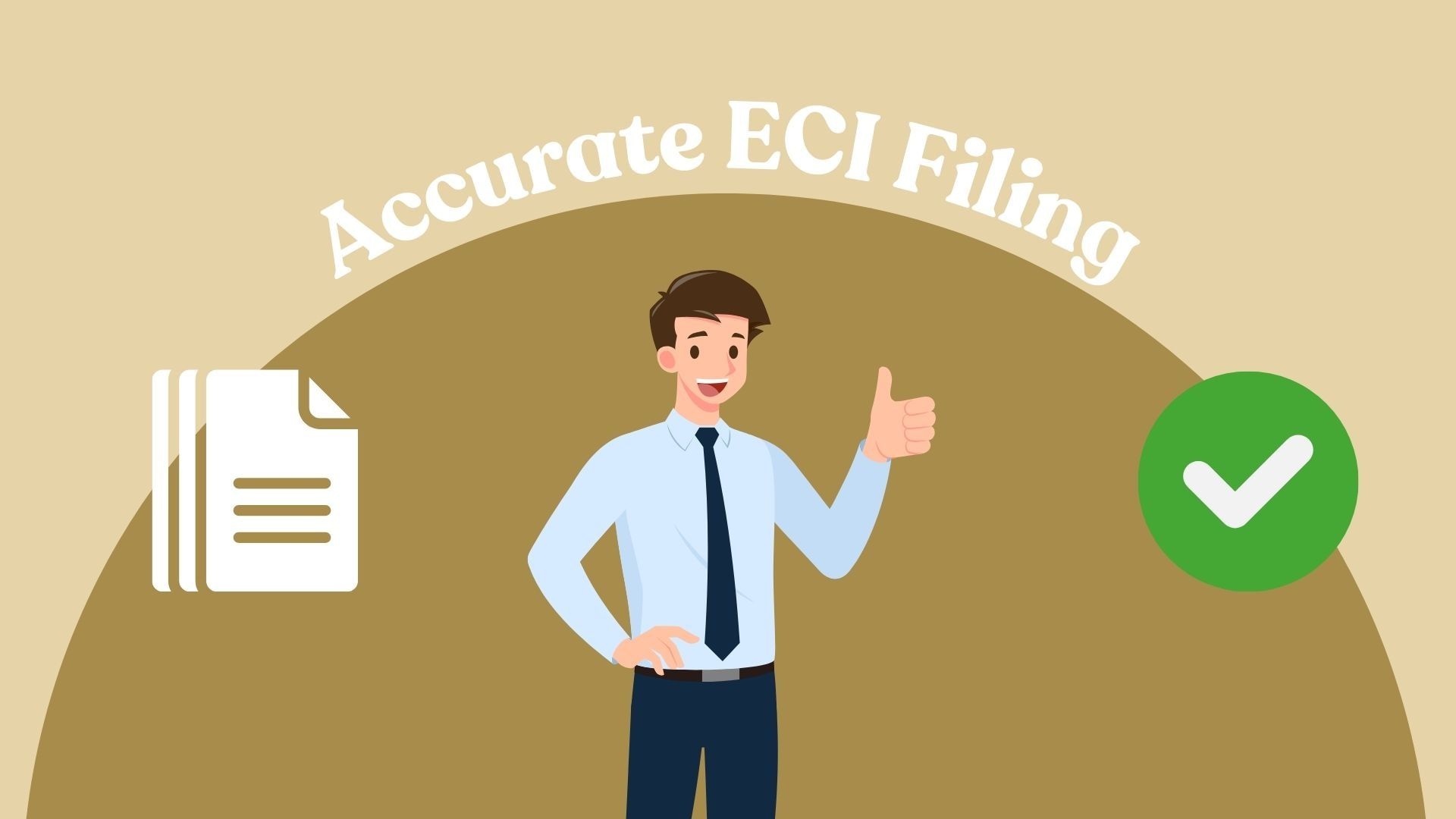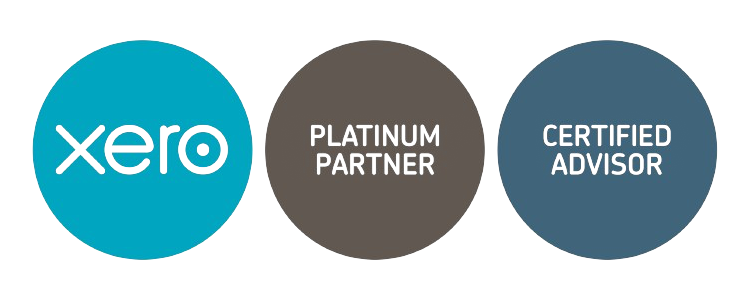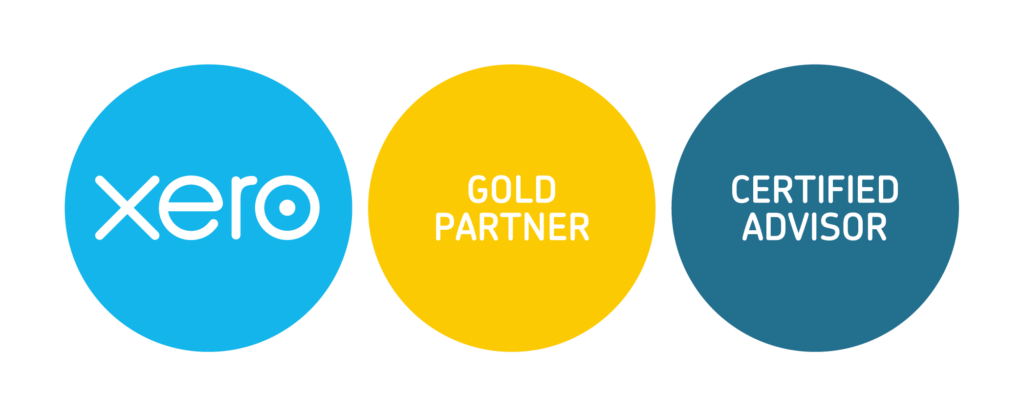CFO GROUP INTEGRATED SERVICES
The Ultimate Guide to Understanding Estimated Chargeable Income (ECI)
CFO Group • September 16, 2024
ECI filing is governed by the Income Tax Act and IRAS regulations. Companies must adhere to these legal requirements to ensure compliance and avoid penalties. The regulations provide a structured approach to estimating and reporting taxable income, ensuring that companies meet their tax obligations in a timely and accurate manner.
What is Estimated Chargeable Income (ECI) and Its Purpose?
Understanding Estimated Chargeable Income (ECI)
Estimated Chargeable Income (ECI) is a preliminary estimate of a company’s taxable income for a specific Year of Assessment (YA). It serves as a crucial component in tax planning and corporate tax compliance. The Inland Revenue Authority of Singapore (IRAS) mandates the submission of ECI to ensure businesses accurately report their tax obligations and are taxed appropriately. This early estimation helps companies manage their tax liabilities efficiently and avoid last-minute surprises by adhering to tax regulations.

Who Needs to File ECI?
Eligible Entities and Exceptions
All Singapore-incorporated companies are required to file ECI within 90 days of their financial year-end. However, there are exceptions.

Certain entities are not required to file an ECI, including:
- Companies with annual revenue not exceeding $5 million and a NIL ECI
- Foreign ship owners or charterers whose local shipping agent has submitted the shipping return
- Foreign universities
- Real estate investment trusts (REITs) that have been granted tax treatment under Section 43(2) of the Singapore Income Tax Act 1947
- Designated unit trusts and approved CPF unit trusts
- Entities that have been specifically granted waivers from submitting ECIs by the Inland Revenue Authority of Singapore (IRAS)

ECI Filing Process
Key Deadlines and Installment Options
Timeliness is critical in the ECI filing process. Companies must submit their ECI within 3 months of their financial year-end. There are two methods to file ECI: paper-filing and e-filing. For those who file by the stipulated deadline, the IRAS offers the flexibility of paying the estimated tax in 10 installments from February to November, easing the financial burden.
Step-by-Step Guide:
- Login to IRAS Portal: Access the e-Filing system using your company's SingPass or IRAS PIN.
- Prepare Financial Documents: Gather all relevant financial statements, including income statements and balance sheets.
- Complete the ECI Form: Fill in the necessary details accurately, ensuring all financial data is correctly represented.
- Submit and Verify: Submit the form through the IRAS portal and verify the submission receipt. Ensure you save or print a copy of the submission for your records.
Penalties for Non-Compliance
Consequences of Late or Incorrect Filing Non-compliance can result in penalties, including fines and interest on late payments. Accurate and timely filing is essential to avoid these penalties. Companies should ensure they have the necessary processes in place to meet deadlines and maintain accuracy in their filings.

Calculating ECI: A Comprehensive Guide
Accurately calculating ECI involves understanding various inclusions and exclusions that impact taxable income. Key considerations include revenue, cost of goods sold, operating expenses, and any tax-deductible allowances. Ensuring the accuracy of your ECI calculation is vital for avoiding penalties and ensuring compliance. Here’s a step-by-step approach:
Determine Gross Revenue
Calculate total revenue from all business activities.
Deduct Allowable Expenses
Subtract costs directly associated with earning the revenue, including deducting tax-allowable expenses.
Include Other Income
Add any additional income, such as interest or rental income.
Exclude Non-Taxable Items
Remove non-taxable income and specific exemptions to ensure only tax-allowable expenses are considered.
Declaration of Revenue for ECI Filing
When filing ECI, it’s essential to declare your company’s revenue accurately using the company's management accounts. Revenue encompasses the company’s primary income sources but excludes gains from the disposal of fixed assets and other non-operational income. Accurate revenue declaration ensures compliance and helps avoid discrepancies with audited financial statements.
Tax Treatment and Estimated Tax
Understanding Tax Treatment for ECI
The ECI should not account for tax exemptions applicable to new start-up companies or partial tax exemptions. IRAS automatically applies these exemptions based on eligibility. It is crucial to indicate your company’s qualification for these exemptions in the File ECI digital service to ensure accurate tax computation.

ECI Filing Waiver and Exceptions
Eligibility for ECI Filing Waiver
Some companies may qualify for a waiver from ECI filing if they meet specific criteria. This includes companies with revenue from their principal business activity that does not exceed a set threshold and excludes separate source income such as interest, dividends, and rental income. Companies must self-assess and determine if they qualify for the ECI filing waiver, ensuring they meet the criteria set by IRAS.

Avoiding Penalties and Interest
Common Mistakes to Avoid
To avoid penalties and interest, it’s crucial to ensure all pre-filled information in your ECI form accurately reflects your company’s current financial situation and total taxable income. Misconceptions, such as believing that prior revenue reports to IRAS negate the need for ECI filing, can lead to non-compliance. Always align the revenue declared in the ECI form with audited financial statements to maintain accuracy.

Benefits of Accurate ECI Filing
Advantages of Filing Early and Accurately
Accurate and timely ECI filing offers multiple benefits beyond compliance. It positions your company to take advantage of tax rebates, such as the Corporate Income Tax (CIT) rebate, which can be up to 20% of your tax payable. Early filing also helps maintain a positive relationship with IRAS, ensuring your company is viewed favorably and possibly avoiding future audits.
ECI filing is a critical component of corporate tax compliance in Singapore. Companies must accurately estimate and report their taxable income to IRAS within the stipulated deadlines. Compliance with IRAS regulations ensures companies avoid penalties and can take advantage of tax rebates. Accurate ECI filing also helps in maintaining a positive relationship with IRAS and positions companies for financial efficiency and growth.
If you encounter difficulties with ECI filing, seeking professional help can be beneficial. CFO Accounts & Services offers expert assistance tailored to your company’s needs.
Conclusion
The Importance of Understanding and Accurately Filing ECI
This comprehensive guide on Estimated Chargeable Income (ECI) highlights its importance in Singapore’s tax landscape. From understanding the fundamentals to the nuances of calculating ECI and the benefits of early and accurate filing, businesses can navigate the ECI process confidently.
Ensuring compliance with IRAS requirements not only mitigates the risk of penalties but also positions your company for financial efficiency and growth.
CFO Accounts & Services is dedicated to guiding your business through the intricacies of ECI filing. Our expert team ensures accuracy and compliance, helping you manage your tax obligations seamlessly. Contact us today for professional assistance tailored to your company’s needs.










